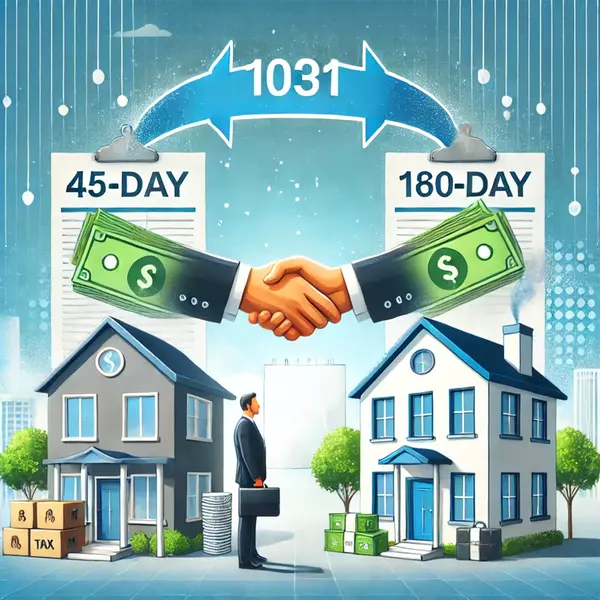How to Get Your Finances in Order Before Buying a Home

So, you’re ready to jump into the exciting world of home buying? Whether it’s your first rodeo or you’re coming back for round two, the secret to success is simple: get your finances in tip-top shape. Because let’s face it, buying a house isn’t just about swooning over open-floor plans or picturing
Read MoreInvesting in Real Estate: Where to Begin

So, you’re ready to dip your toes into the world of real estate investing. Congratulations! Whether you’re dreaming of flipping fixer-uppers like a reality TV star or collecting rent checks from a fleet of charming rental properties, the real estate market offers a wealth of opportunities. But wher
Read MoreThe 1031 Exchange: Your Real Estate Superpower

So, you've heard whispers of the 1031 exchange—a tax-deferring strategy that’s the stuff of real estate legend. Imagine being able to sell an investment property, reinvest the proceeds into a new property, and defer capital gains taxes. Sounds like the kind of trick Houdini would envy, right? Well,
Read More
Recent Posts










